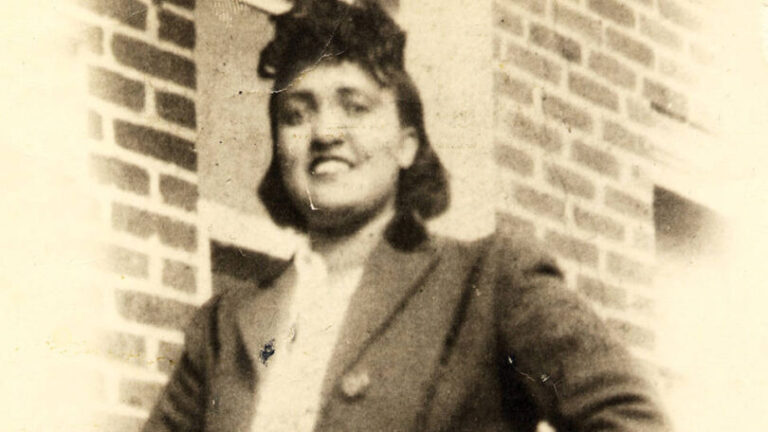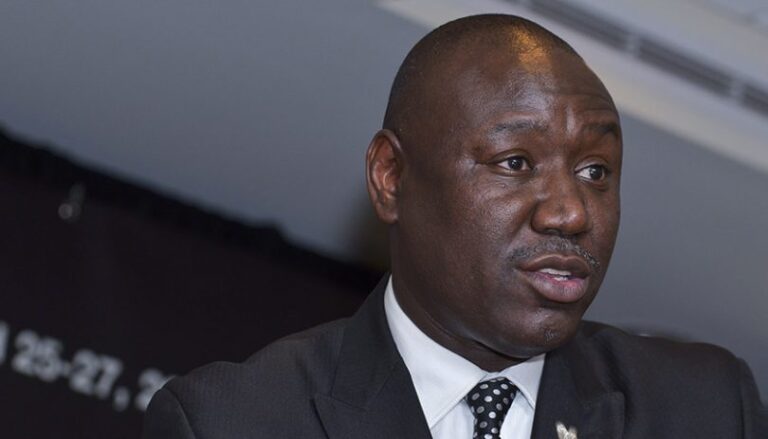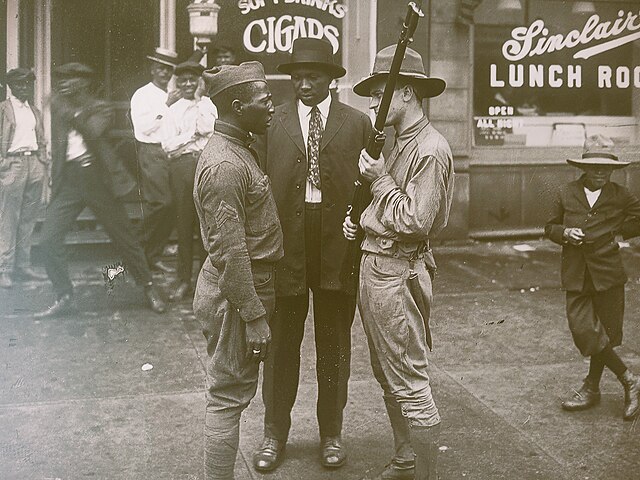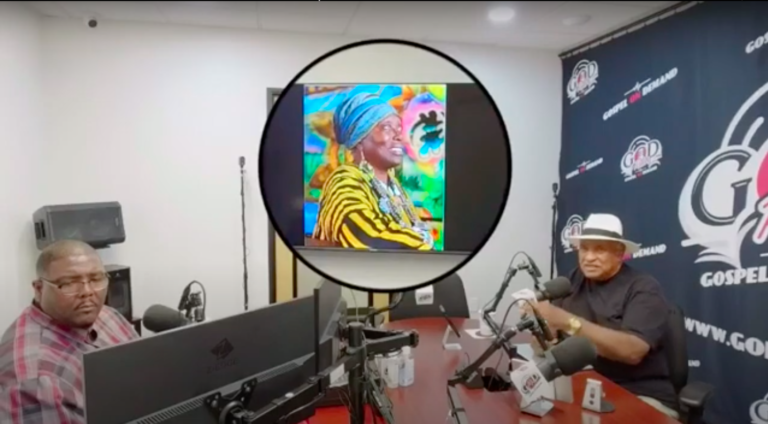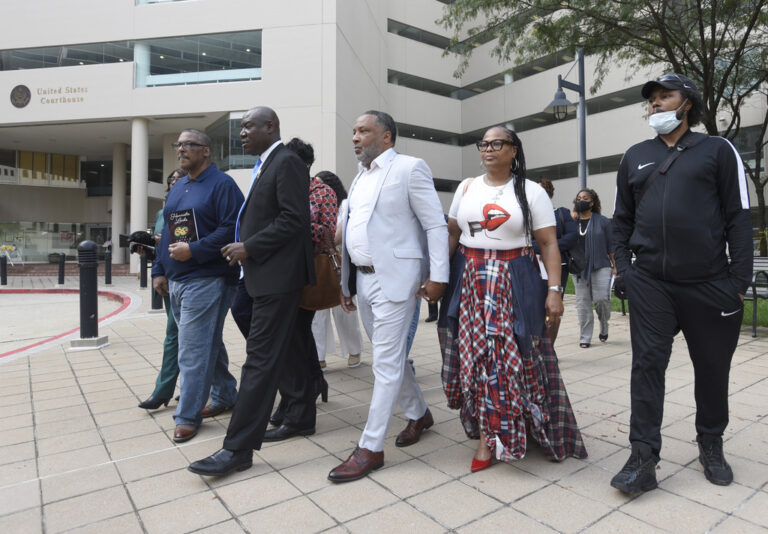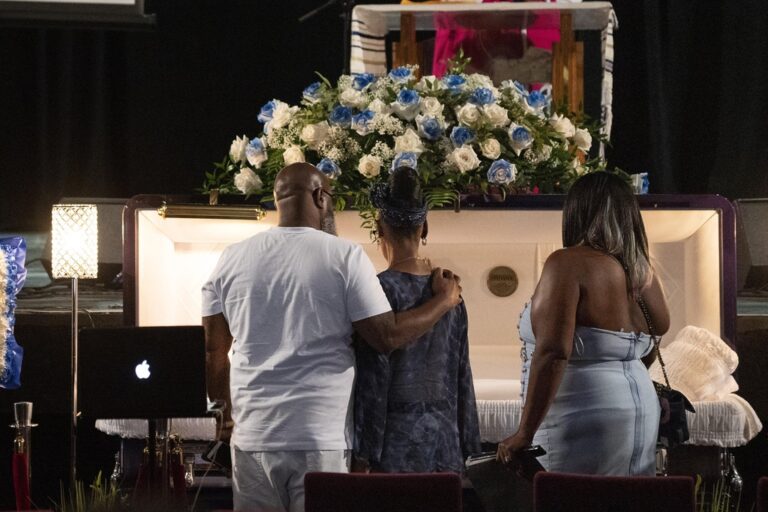NEW YORK (AP) — With the help of technology, scammers are tricking Americans out of more money than ever before. But there are steps you can take to keep your money and information safe.
In 2022, reported consumer losses to fraud totaled $8.8 billion — a 30 percent increase from 2021, according to the most recent data from the Federal Trade Commission. The biggest losses were to investment scams, including cryptocurrency schemes, which cost people more than $3.8 billion, double the amount in 2021.
Younger adults ages 20-29 reported losing money more often than older adults ages 70-79, the FTC found. But when older adults did lose money, they lost more. Many retirees have assets like savings, pensions, life insurance policies or property for scammers to target.
With the rise of the digital economy, scammers now reach targets by social media and text, as well as phone and email. Online payment platforms, apps, and marketplaces have also increased opportunities. Still, many of their tactics and strategies are similar.
“The first thing they’ll do is get you into a heightened emotional state, because we can’t access clear thinking when we’re in that state,” said Kathy Stokes, director of fraud prevention for the AARP’s Fraud Watch Network. “It could be fear, panic, or excitement — ‘I just won a million dollars from Publishers Clearing House.’”
Once the sense of urgency is established, the target’s defenses are down.
“When approached with urgency, give it an extra three-second pause,” said Amanda Clayman, a financial therapist who works with digital payment network Zelle around issues of fraud. “When someone is trying to get us to take action quickly, that’s usually a red flag indicating we should do the opposite.”
Here’s what else to know to keep your money and information safe:
WHAT ARE SOME COMMON SCAMS?
Simply being aware of typical scams can help, experts say. Robocalls in particular frequently target vulnerable individuals like seniors, people with disabilities, and people with debt.
“If you get a robocall out of the blue paying a recorded message trying to get you to buy something, just hang up,” aid James Lee, chief operating officer at the Identity Theft Resource Center. “Same goes for texts — anytime you get them from a number you don’t know asking you to pay, wire, or click on something suspicious.”
Lee urges consumers to hang up and call the company or institution in question at an official number.
Scammers will also often imitate someone in authority, such as a tax or debt collector. They might pretend to be a loved one calling to request immediate financial assistance for bail, legal help, or a hospital bill.
ROMANCE SCAMS
So-called “romance scams” often target lonely and isolated individuals, according to Will Maxson, assistant director of the Division of Marketing Practices at the FTC. These scams can take place over longer periods of time — even years.
Kate Kleinart, 70, who lost tens of thousands to a romance scam over several months, said to be vigilant if a new Facebook friend is exceptionally good-looking, asks you to download WhatsApp to communicate, attempts to isolate you from friends and family, and/or gets romantic very quickly.
“If you’re seeing that picture of a very handsome person, ask someone younger in your life — a child, a grandchild, a niece or a nephew — to help you reverse-image search or identify the photo,” she said.
She said the man in pictures she received was a plastic surgeon from Spain whose photos have been stolen and used by scammers.
Kleinart had also been living under lockdown during the early pandemic when she got the initial friend request, and the companionship and communication meant a lot to her while she was cut off from family. When the scam fell apart, she missed the relationship even more than the savings.
“Losing the love was worse than losing the money,” she said.
WHAT SHOULD I DO ABOUT TEXT AND EMAIL SCAMS?
“I think anyone who has participated in the digital economy has received multiple attempts daily that have some sort of scheme, whether that’s, ‘Your account has been locked’ or ‘Your package delivery is delayed,’” Lee said. “Again — just take a breath — and verify.”
Lee urges people never to click an unusual link in a text or email, and instead go to the site in question directly, or call the number listed on the official site.
“It’ll take 30 or 40 seconds longer, but go ahead and do that because it could save you a lot of money every time,” he said.
Some indications to be extra wary could include an unrecognized sender, unusual wording, or a tell-tale misspelling.
In 2022, consumers lost more than $326 million from scam texts alone, according to the Federal Trade Commission.
WHAT ARE OTHER COMMON RED FLAGS?
Gift cards. Both Maxson and Lee said any mention of payment with gift cards should be a blaring warning alarm.
Kleinart, who experienced the romance scam, was also initially asked to send money via gift cards, with varied explanations.
“Just don’t pay people with gift cards,” Maxson said. “No legitimate company or individual is going to ask you to buy large quantities of gift cards and then read the numbers off the cards. That is exclusively a payment method of fraudsters.”
“Let me tell you, the IRS does not accept gift cards,” Lee said. “But you’d be surprised by the number of people who fall for people calling from ‘fill in the blank agency’ or ‘fill in the blank company’ and who send $500 worth of gift cards.”
WHAT ABOUT SOCIAL MEDIA SCAMS?
In addition to romance scams like the one Kleinart fell victim to, here’s what to know about other common social media scams:
INVESTMENT SCAMS
According to Lois Greisman, an associate director of marketing practices at the FTC, an investment scam constitutes any get-rich-quick scheme that lures targets via social media accounts or online ads.
Investment scammers typically add different forms of “testimony,” such as from other social media accounts, to support that the “investment” works. Many of these also involve cryptocurrency. To avoid falling for these frauds, the FTC recommends independently researching the company — especially by searching the company’s name along with terms like “review” or “scam.”
QUIZ SCAMS
When you’re using Facebook or scrolling Google results, be aware of quiz scams, which typically appear innocuous and ask about topics you might be interested in, such as your car or favorite TV show. They may also ask you to take a personality test.
Despite these benign-seeming questions, scammers can then use the personal information you share to respond to security questions from your accounts or hack your social media to send malware links to your contacts.
To protect your personal information, the FTC simply recommends steering clear of online quizzes. The commission also advises consumers to use random answers for security questions.
“Asked to enter your mother’s maiden name? Say it’s something else: Parmesan or another word you’ll remember,” advises Terri Miller, consumer education specialist at the FTC. “This way, scammers won’t be able to use information they find to steal your identity.”
MARKETPLACE SCAMS
When buying or selling products on Instagram or Facebook Marketplace, keep in mind that not everyone that reaches out to you has the best intentions.
To avoid being scammed when selling via an online platform, the FTC recommends checking buyers’ profiles, not sharing any codes sent to your phone or email, and avoiding accepting online payments from unknown persons.
Likewise, when buying something from an online marketplace, make sure to diligently research the seller. Take a look at whether the profile is verified, what kind of reviews they have, and the terms and conditions of the purchase.


